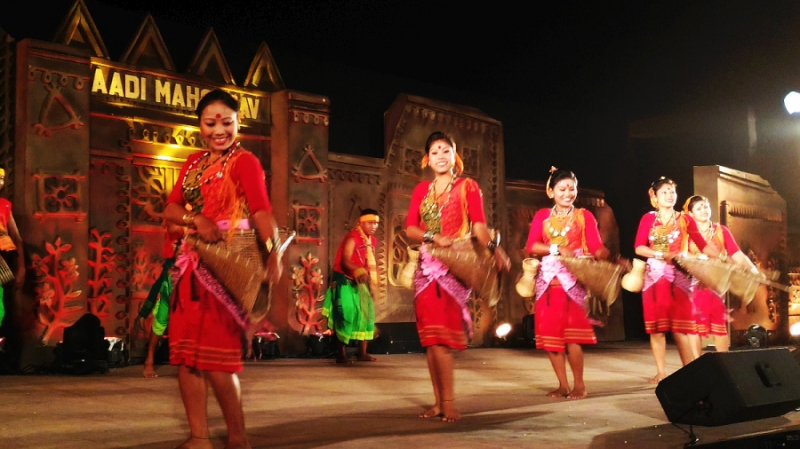Bodo

Offering a fascinating window into the rich diversity of the area's customs and culture, the Bodo people are an indigenous tribal group that is mainly found in the state of Assam in northeastern India. Their rich cultural history is ingrained in the verdant surroundings, and they have developed a strong bond with their homeland, language, and traditions.
Central to Bodo culture is their language, Bodo, which holds a special place in their identity. This Tibeto-Burman language is spoken among the community, and they have developed their script, known as "Bodo script." Through their language, they express their unique stories, beliefs, and way of life.
The Bodo people's religion combines aspects of Hinduism with their traditional Bodo faith. Their festivals and rituals are centered around their reverence for the natural world, their ancestors, and their belief in spirits. Bodo festivals, such as "Magh Bihu" and "Bwisagu," are distinguished by joyful celebrations, traditional dance, music, and rituals.
Traditional attire, including the "Dokhna" and "Arwon" for men and women, as well as intricate jewelry, is an essential part of their cultural identity. The Bodo people's rich cultural heritage is deeply intertwined with their environment, agricultural practices, and spiritual beliefs, making them a vibrant and essential part of the cultural tapestry of northeastern India.














